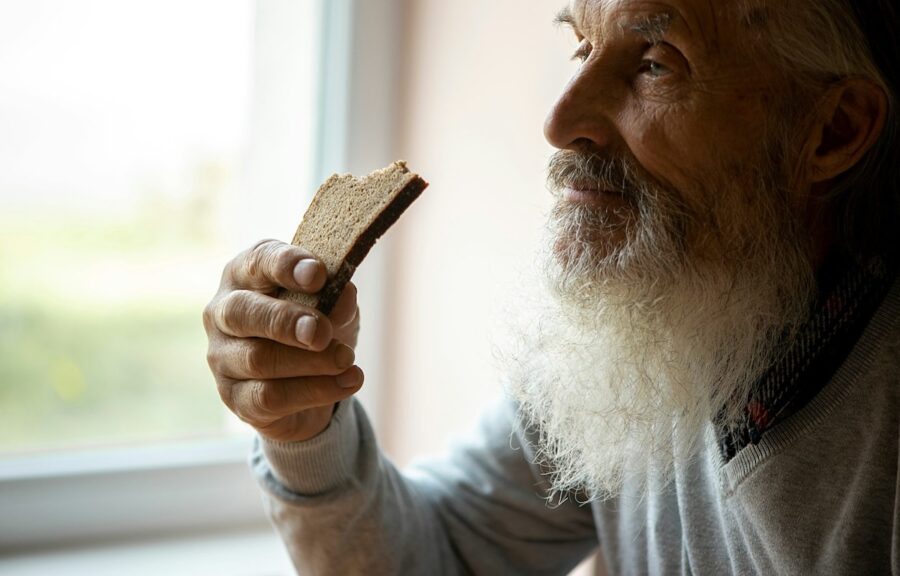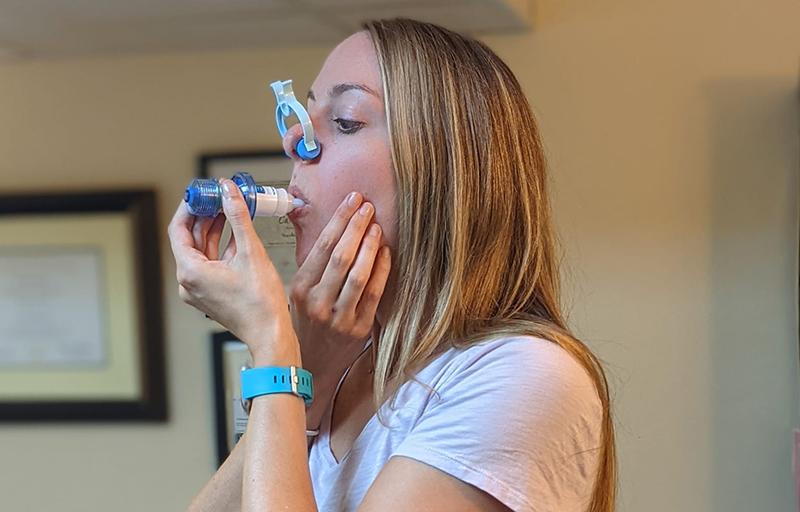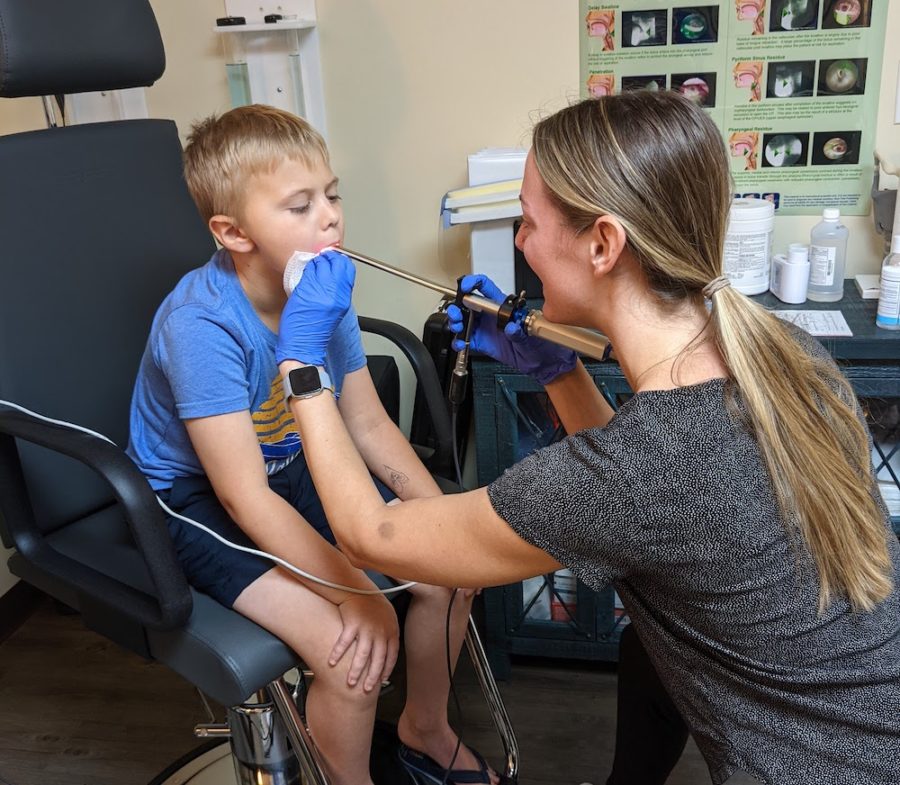Physicians offer refer patients for swallowing assessments if they are having difficulty chewing, swallowing foods or liquids, coughing or choking while eating, experience food sticking in the throat, unintentional weight loss, recurrent pneumonia, etc. A swallowing assessment evaluates a person’s ability to safely swallow food, liquids, and medications, and it helps identify any difficulties or risks associated with swallowing. Speech-language pathologists (SLP) have expertise in assessing and treating swallowing disorders (dysphagia). The assessment typically includes the following steps:
1. Patient History
- The therapist gathers information about the patient’s medical history, including any conditions that may affect swallowing, such as stroke, Parkinson’s disease, dementia, or head and neck cancer.
- Information about the patient’s symptoms (e.g., coughing or choking during meals, pain while swallowing) and duration of these issues is obtained.
- Any history of aspiration (food or liquid entering the airway) or pneumonia is explored.
2. Clinical Observation
- The clinician observes the patient’s ability to chew and swallow during a clinical evaluation. This may include observing posture, breathing patterns, and the way food is handled in the mouth.
- The clinician may watch for signs of distress, such as coughing, choking, or regurgitation, and assess whether the patient shows signs of aspiration.
3. Oral Motor Examination
- The clinician evaluates the strength and coordination of the oral structures (lips, tongue, teeth, and jaw). This is important for assessing the effectiveness of chewing and the initial phase of swallowing.
- The clinician may assess the range of motion, strength, and coordination of the tongue and lips and check for any signs of weakness or abnormalities.
4. Swallowing Trials
- The patient may be asked to swallow different consistencies of food and liquid (e.g., thin liquids, thick liquids, purees, or solid foods) to evaluate how the swallow is functioning.
- The clinician may use a “food trial” where different textures and consistencies are offered to the patient. These trials help identify which types of food are easiest to swallow and which are most challenging.
- The clinician also looks for signs of aspiration during these trials, such as coughing, throat clearing, or a wet-sounding voice after swallowing.
5. Assessment of Swallowing Function
- The clinician may assess the timing and coordination of the swallowing process, including the ability to trigger a swallow, the movement of food through the throat, and whether any food or liquid remains in the mouth or throat after swallowing.
6. Instrumental Assessments
If the clinical assessment raises concerns or if more detailed information is needed, the following tests may be completed at STVT:
- Fiberoptic Endoscopic Evaluation of Swallowing (FEES): A flexible endoscope is inserted through the nose to view the throat during the swallowing process, allowing the clinician to evaluate the upper airway, identify any aspiration, and assess the effectiveness of swallowing.
7. Recommendations
- After the assessment, the clinician may provide recommendations for treatment, which could include swallowing exercises, dietary modifications (such as thickened liquids or altered food textures), postural changes during meals, or strategies to reduce the risk of aspiration.
- If necessary, referrals to other specialists, such as dietitians or physicians, may be made.
A swallowing assessment is important for identifying dysphagia, preventing complications such as aspiration pneumonia, and ensuring a person’s nutritional needs are safely met.
About the Author: Cara Bryan, MA, CCC-SLP, is a speech-language pathologist and voice specialist in Tampa, Florida. She evaluates and rehabilitates voice, communication difficulties, cognitive disorders, upper airway disorders and swallowing difficulties at her private practice, South Tampa Voice Therapy. Cara is a classically trained soprano with a major in vocal performance from University of North Carolina at Chapel Hill. She has spent her career working in medical speech pathology in the hospital setting, ENT offices, and now in private practice. Cara mentors on voice, upper airway, business and private practice through www.southtampavoicetherapy.com. You can follow her on Instagram and FaceBook.






